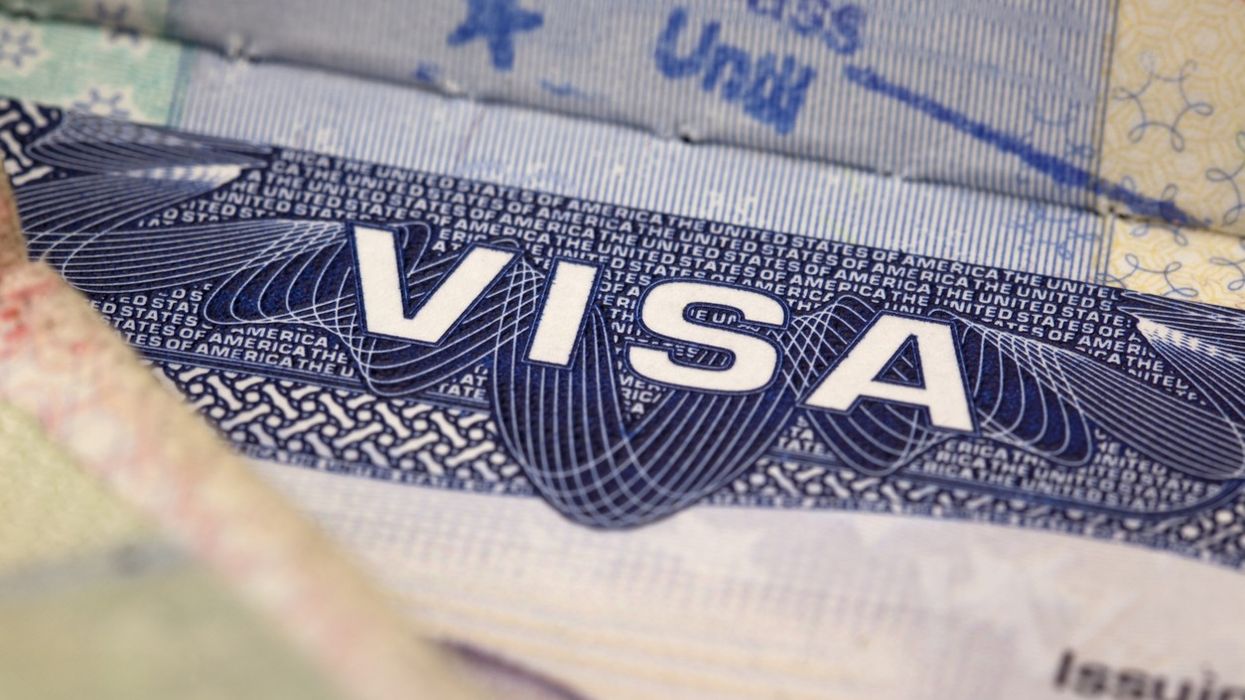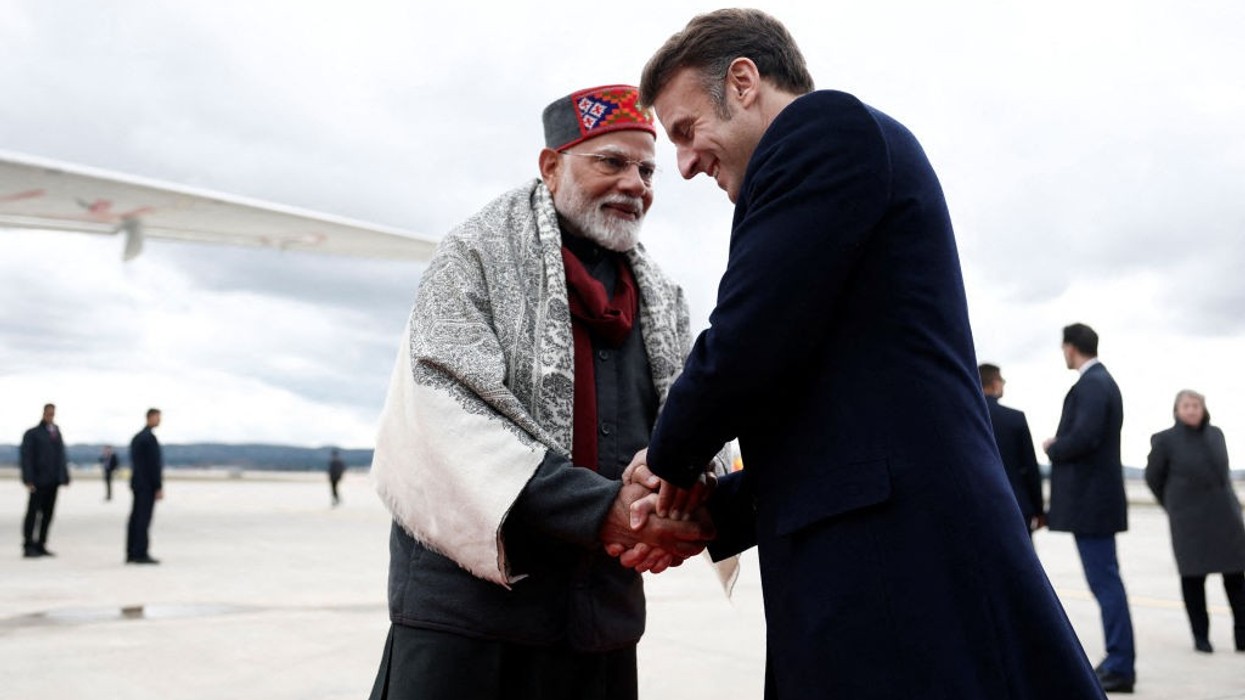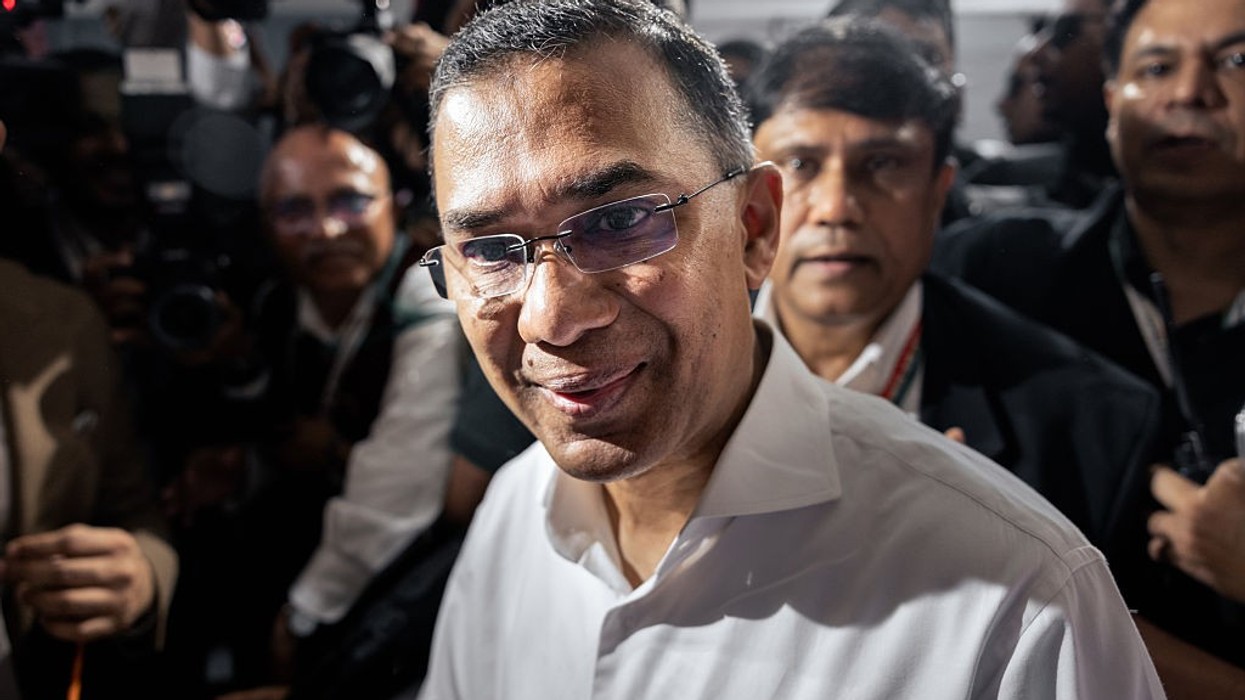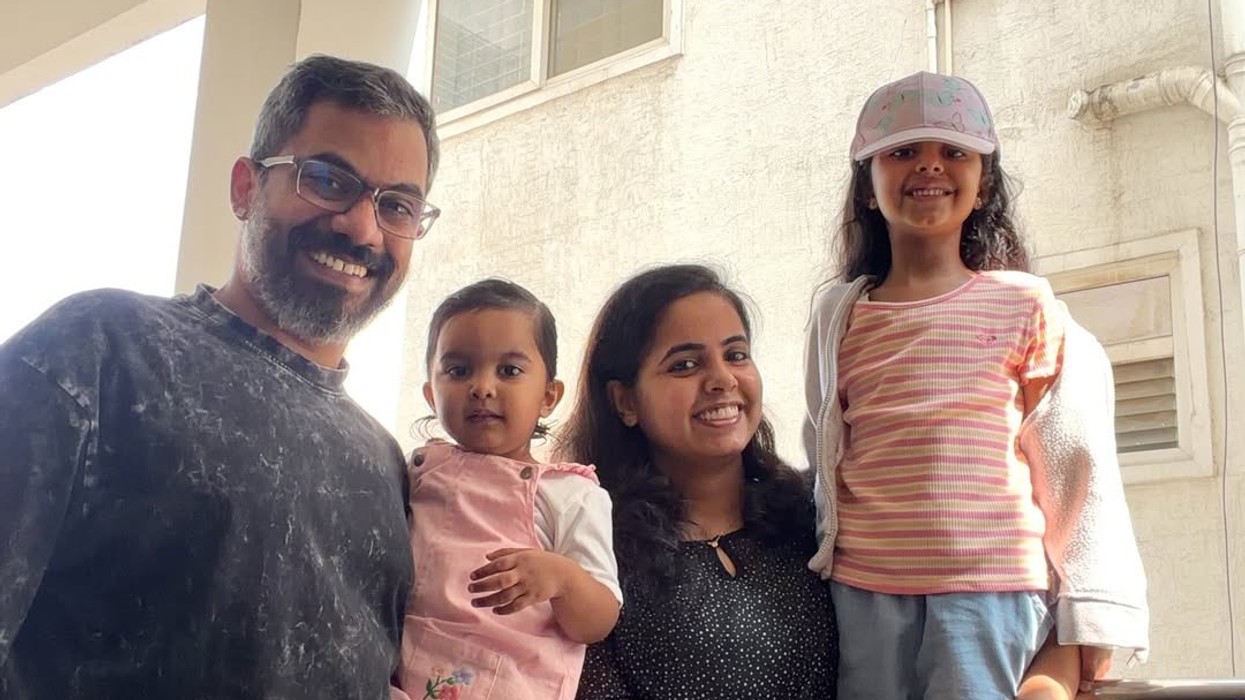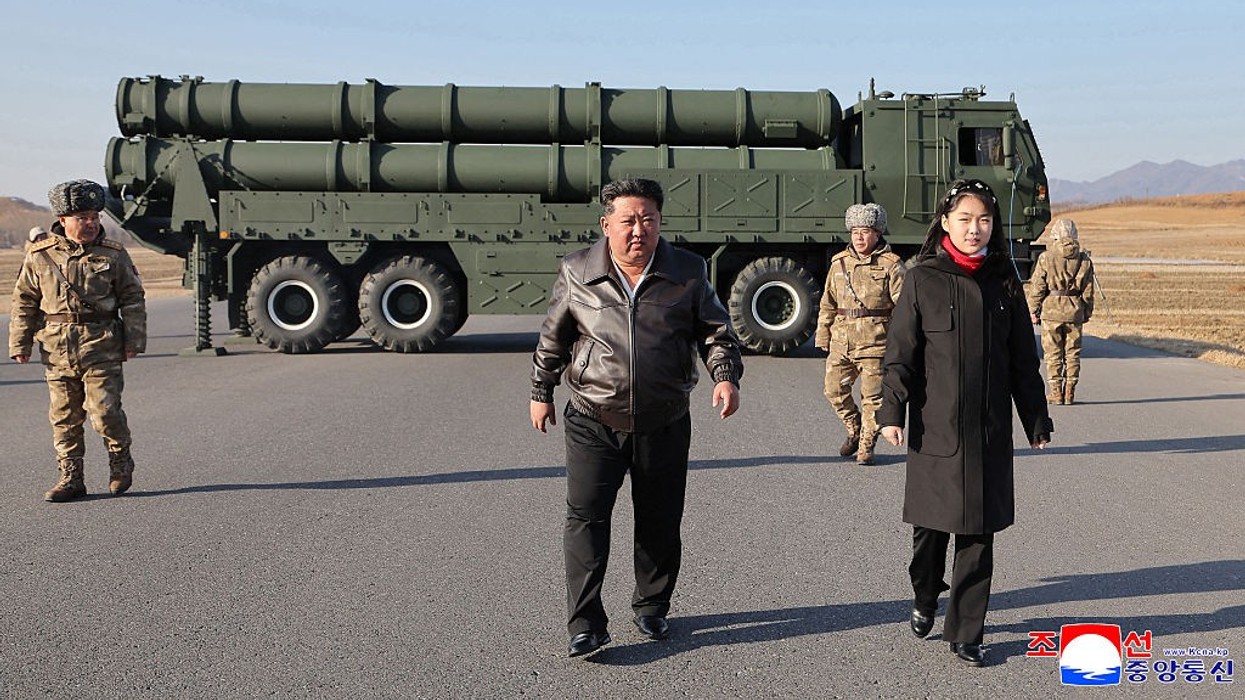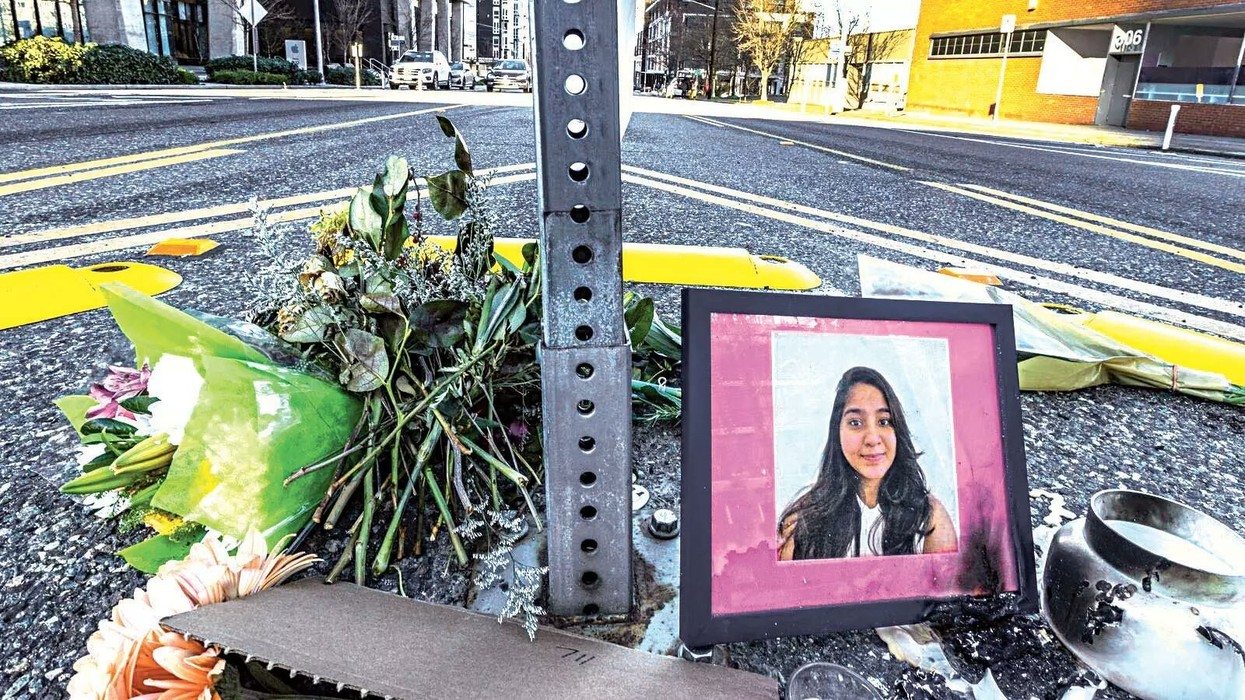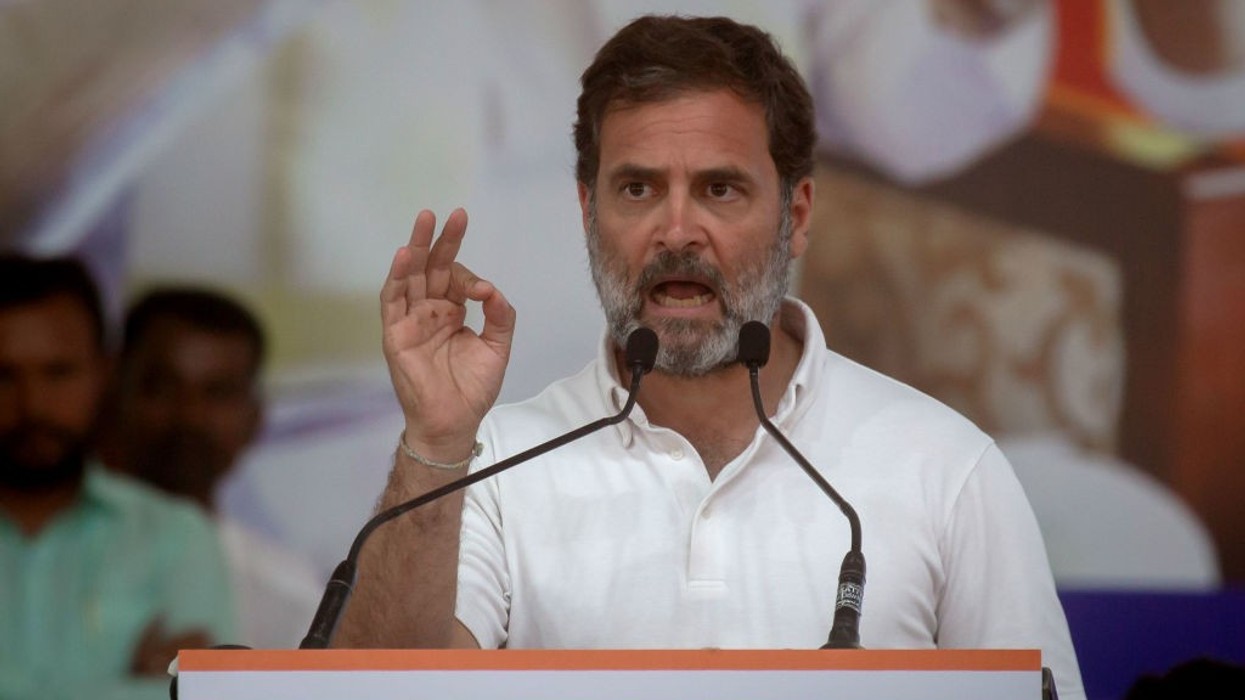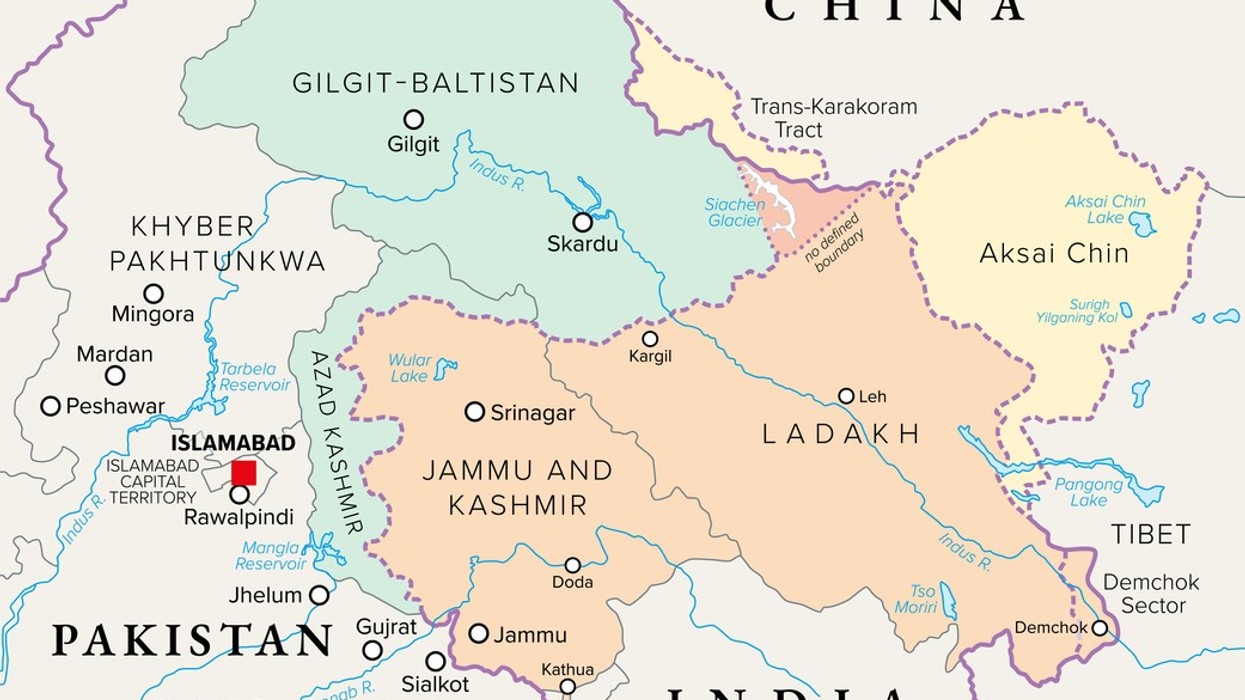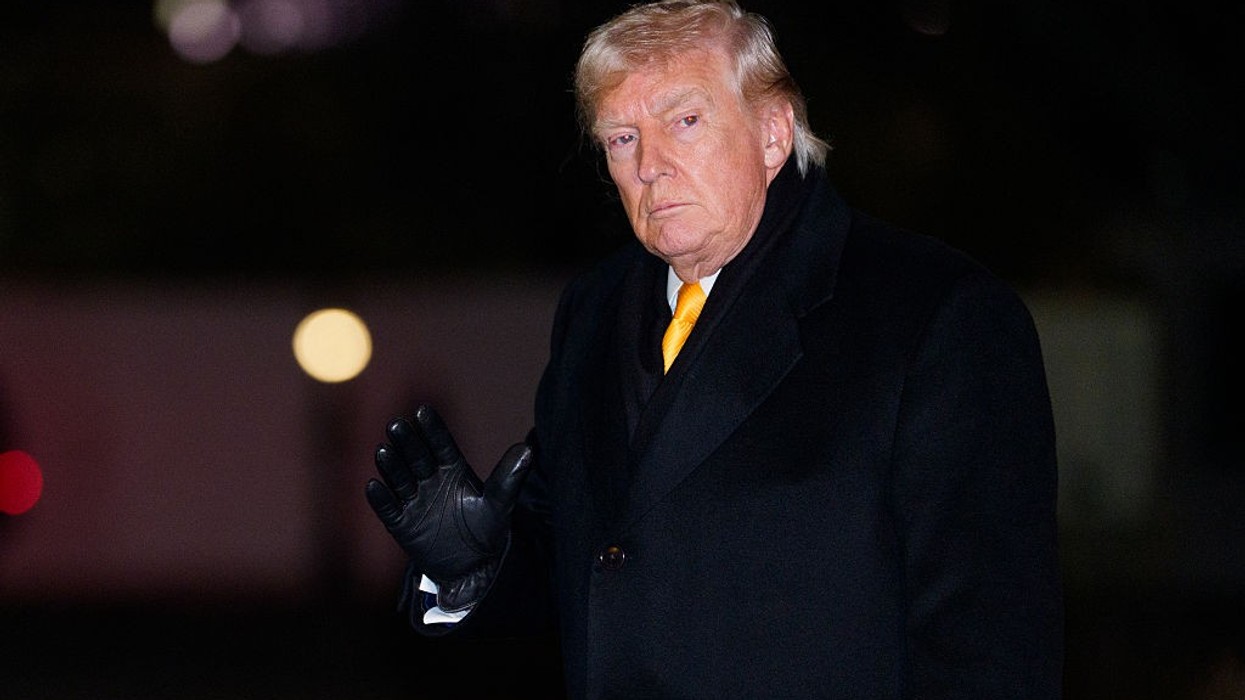Highlights:
The United States has introduced new restrictions for Indian citizens seeking business or tourist visas, effectively ending the practice of securing quick appointments in third countries. Under the revised guidelines, applicants for US non-immigrant visas (NIV), including B1 (business) and B2 (tourist) categories, must now schedule their interview appointments in their country of citizenship or legal residency—unless the US does not conduct regular visa operations there.
No more faster 'third country' visa appointments
During the COVID-19 pandemic, severe backlogs at US consulates in India led many applicants to book interview slots in nearby countries such as the UAE, Thailand, or Singapore, sometimes reducing wait times from years to weeks. With the new rules, this workaround has been withdrawn. Now, Indians who need to travel to the US at short notice will not be able to secure faster visa appointments by applying in countries other than India, removing an important option for those facing urgent business, family, or leisure travel needs.
Scope of the new policy
The restriction applies to the full range of non-immigrant visas, covering tourists, business travelers, students (F-1), temporary workers, and other visitors, except in rare cases when the US has no routine consular services in the applicant’s country. The US Department of State’s move is part of a broader effort by the current administration to further tighten visa processing, enhance security controls, and streamline application management across various missions worldwide.
Impact on Indian applicants
For Indian travelers, the implications are significant. Previously, it was possible to sidestep the bottleneck of long wait times at Indian consulates by traveling to third countries for visa interviews, a facility that benefited business travelers managing urgent meetings, students aiming to join academic sessions promptly, or tourists booking last-minute trips. The end of this system means applicants must now plan well ahead for US travel, factoring in potential appointment delays within India’s overburdened consular infrastructure.
Longer wait times and stricter planning ahead
With this practice now closed, the US missions in India are expected to see even lengthier interview wait times. Already, backlogs for US visa appointments in India have stretched for months, particularly in the wake of high post-pandemic demand. The new policy places the onus on travelers to initiate visa processes much earlier, adjust itineraries, and anticipate delays in trip planning. Business and tech sectors worry about disruption to cross-border engagements and last-minute deal-making, while tourist operators fear reduced flexibility for Indian outbound travel.
Experts advise early preparation
Immigration consultants recommend that Indian applicants begin visa applications much earlier than before to avoid last-minute hiccups, and remain vigilant for future updates on processing policies. Those used to securing appointments abroad will now need to adapt to a more rigorous and less flexible visa process.
